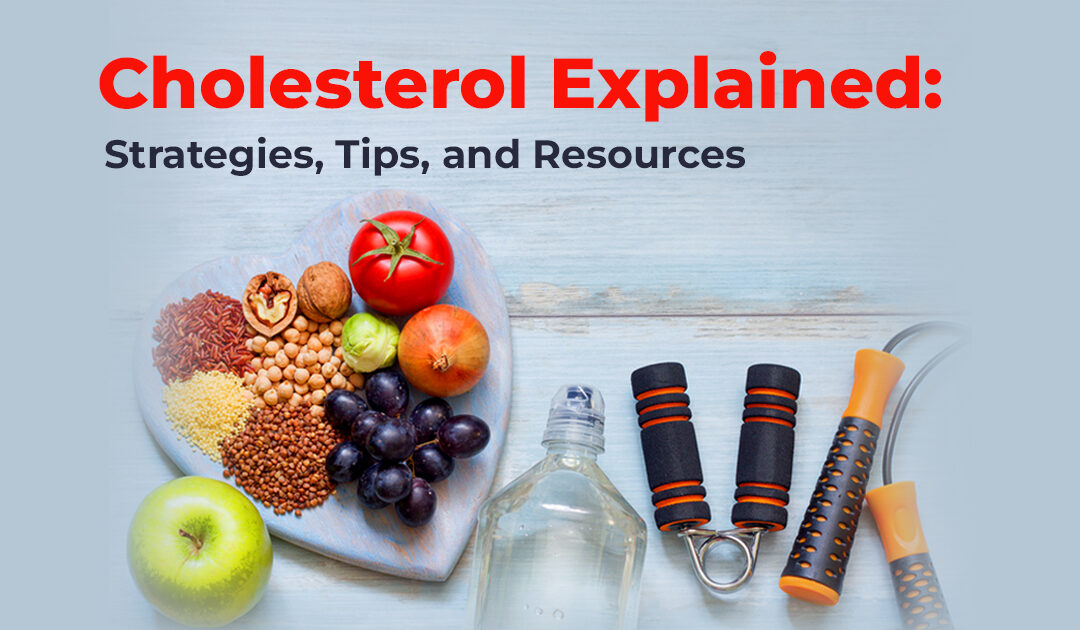The mere mention of cholesterol might evoke mental pictures of fatty meals, clogged arteries, and problems with heart health. In actuality, however, cholesterol is a multifaceted material with a variety of forms, effects, and management approaches. This blog explores the intriguing realm of cholesterol, enabling you to comprehend its significance for your well-being and make wise decisions for a fulfilling life.
First of all, cholesterol isn’t always harmful. It’s a fat-like, waxy material that’s essential for hormone production, cell membrane construction, and digestive support. Even our bodies produce cholesterol on their own. Still, the distinctions between the categories are crucial:
- Low-density lipoprotein, or LDL: Often referred to as “bad” cholesterol, elevated LDL levels raise the risk of heart disease by causing plaque to accumulate in arteries.
- High-density lipoprotein, or HDL, is the “good” cholesterol that functions as an artery-clogging garbage truck by assisting in the removal of LDL from your blood.
- Triglycerides: Excessive triglycerides, in addition to high LDL and low HDL cholesterol, can increase the risk of heart disease.
Here are some strategies for healthy cholesterol levels:
Don’t give up if your cholesterol is alarming you! You can effectively control them with a change in lifestyle and medication if necessary. The following are important tactics:
- Eat a diet high in fruits, vegetables, whole grains, lean protein, and other heart-healthy foods. Reduce your intake of red meat, processed foods, and fried foods that contain saturated and trans fats. Choose unsaturated fats such as avocado and olive oil.
- Exercise: On most days of the week, engaging in at least 30 minutes of physical activity can reduce LDL and increase HDL. Discover hobbies you love to do, such as swimming or vigorous walking.
- Give up smoking: Smoking raises cholesterol and destroys blood arteries. The single biggest lifestyle adjustment that can improve heart health is quitting.
- Control your weight: Obesity and overweight can raise bad cholesterol and lower good cholesterol. Goal for a healthy weight with activity and a balanced diet.
- Stress management: Prolonged stress raises cholesterol levels adversely. To effectively handle stress, use relaxing practices like yoga or meditation.
Additional tips and resources:
- Discover mouthwatering, heart-healthy recipes that use components that decrease cholesterol.
- Look for workout regimens that suit your tastes and degree of fitness.
- Join support groups or make online or local connections with people who are controlling their cholesterol.
- Keep up with the most recent findings and developments in the treatment of cholesterol.
Understanding your cholesterol, making wise decisions, and working with your physician will help you take charge of your heart health and open the door to a longer, happier life. Recall that even modest adjustments can have a significant impact!

